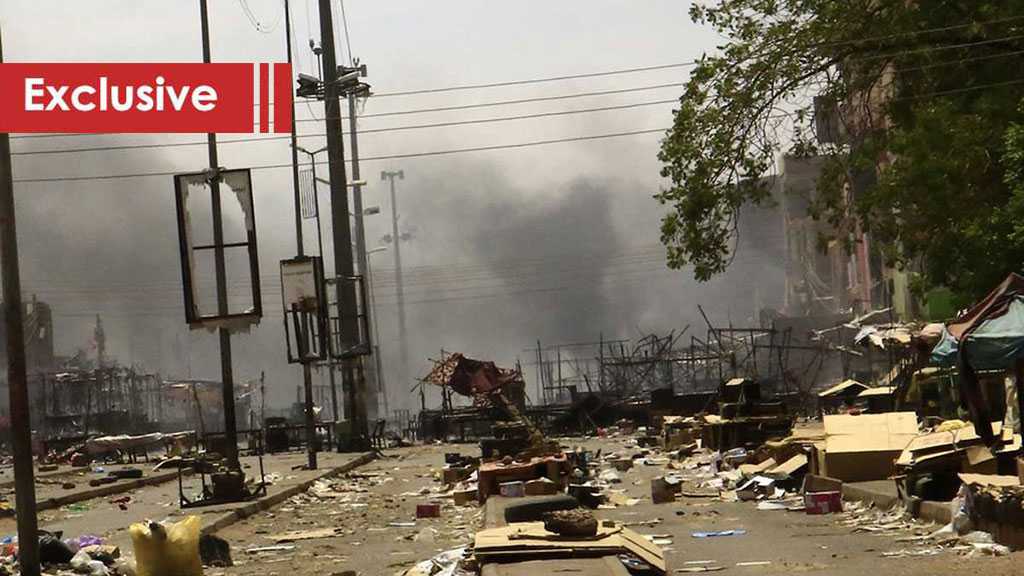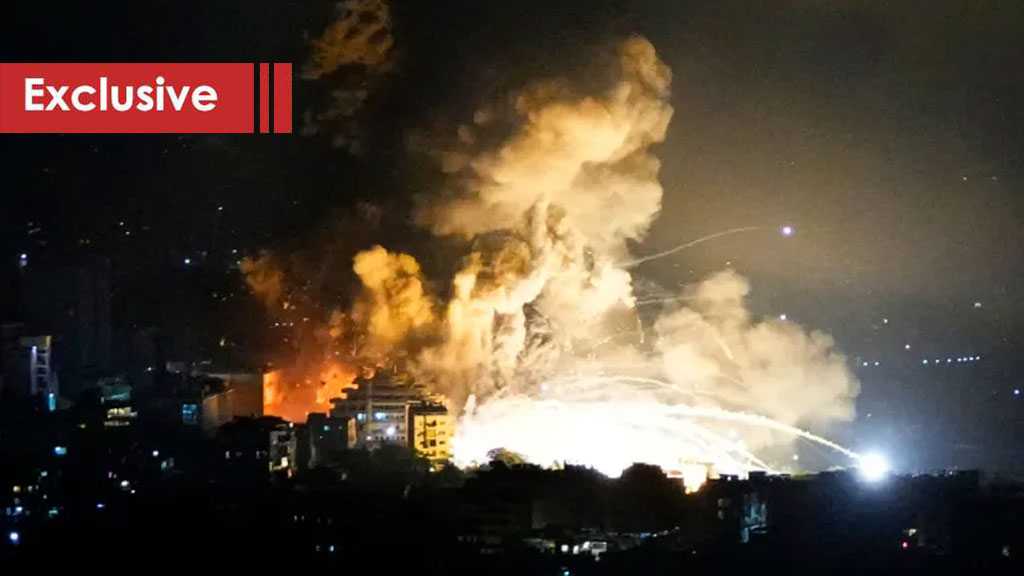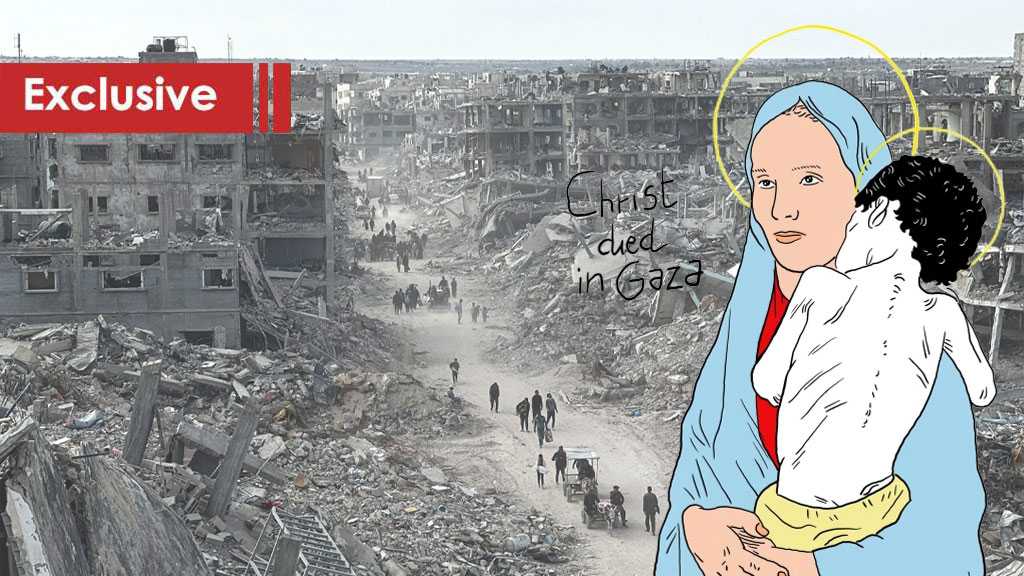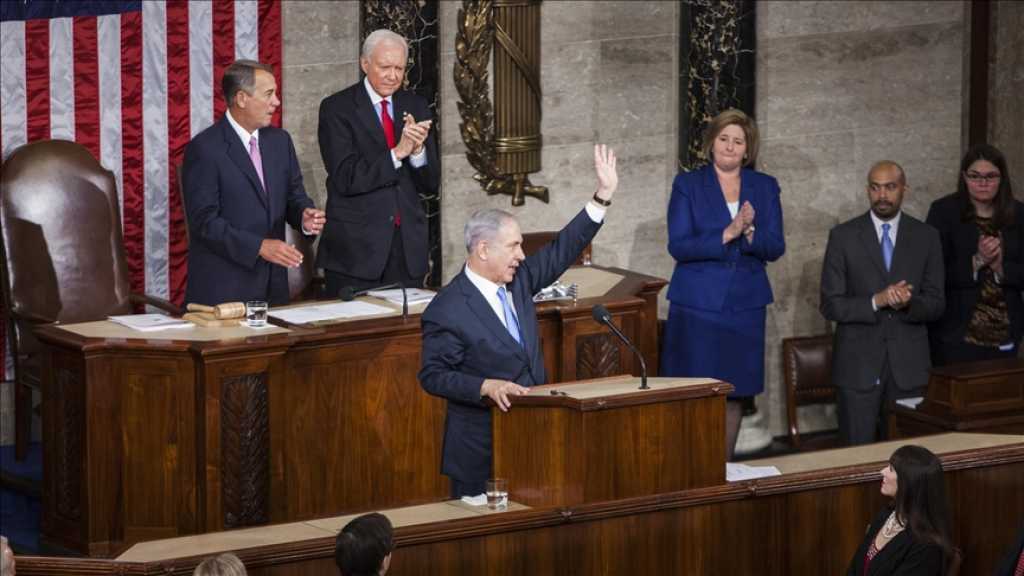The War in Sudan: Strategic Roots, Actors and Geopolitical Implications

By Mohamd Hammoud
Lebanon – Sudan, a nation of immense resources and diverse cultures, is again consumed by civil war. Since April 2023, the conflict between the Sudanese Armed Forces [SAF], led by General Abdel Fattah al-Burhan, and the paramilitary Rapid Support Forces [RSF], commanded by Mohamed Hamdan Dagalo ["Hemedti"], has devastated infrastructure, displaced millions, and drawn international concern. While the war appears to be a power struggle, its roots run deeper—embedded in Sudan's fragmented political history, foreign interference and the postcolonial legacy of authoritarianism.
Historical Background: From Independence to Division
Sudan gained independence in 1956 from joint British-Egyptian rule. Its political instability began with a divide between the Arab-Muslim North and the Christian and animist South—a division worsened by colonial policies that administered these regions separately. Two civil wars [1955–1972 and 1983–2005] eventually led to the secession of South Sudan in 2011, taking with it most of the country's significant oil reserves.
After decades under President Omar al-Bashir's authoritarian regime, widespread protests in 2019 led to his ouster. A fragile civilian-military transitional government was formed but quickly deteriorated under power struggles between the SAF and RSF—two forces that had previously coexisted under al-Bashir. Tensions flared over the RSF's integration into the national army, and by 2023, open warfare had erupted.
The SAF vs. the RSF
The SAF, led by Burhan, represents the country's official military. At the same time, the RSF originated from the Janjaweed militia and was legitimized under al-Bashir to serve as a counterweight to the army. Under Hemedti's leadership, the RSF evolved into an autonomous power broker, controlling significant gold mines and benefiting from foreign support. This war, however, is not ideological; it's a power struggle for control of Sudan's future. Although both sides claim legitimacy, neither represents the democratic aspirations of the Sudanese people.
The Role of Foreign Powers "Israel"
"Israel" has historically engaged with Sudanese factions to counter regional rivals. During the 1980s, it supported southern rebels via Uganda and Ethiopia while later collaborating with Omar al-Bashir to counter Libya and facilitate Ethiopian Jewish migration. In the current war, "Israel" maintains backchannel ties with both the SAF and RSF, seeking to limit Iranian influence and strengthen regional alliances. Prime Minister Netanyahu's 2023 UN speech highlighted Sudan as part of a "blessing" of Arab-"Israeli" normalization.
Today, "Israel" maintains covert ties with both the SAF and RSF. While there is no direct evidence of Israeli military involvement, its intelligence services remain active in Africa, and some "Israeli"-made weapons have appeared in conflict zones. "Israel" views Sudan's stability as essential to its broader normalization campaign and as a counterweight to Iranian influence in the Red Sea and Sahel regions. In 2020, Sudan agreed to normalize relations with "Israel" under US pressure, seeking removal from the US terrorism list.
The vision outlined in the 1996 neoconservative policy paper A Clean Break: A New Strategy for Securing the Realm, which emphasized reshaping the regional order in favor of "Israel," implicitly included fragmenting strong Arab states. Sudan, historically aligned with pan-Arab and Islamic blocs, was thus viewed as a geopolitical obstacle. A weakened or divided Sudan aligns with the interests of those seeking to secure "Israel's" periphery from hostile or independent regimes.
United States
The US has played an ambivalent role. It brokered the 2005 Comprehensive Peace Agreement and provided over $5 billion in aid since then. After al-Bashir's fall, the US pushed for a democratic transition and endorsed power-sharing agreements that empowered armed factions over civilians. Since the war began, the US has condemned RSF atrocities, imposed sanctions, and supported humanitarian efforts. Still, its influence has been limited by its reluctance to intervene decisively.
A Nation in Collapse: Human Suffering and the Struggle for Power
As of mid-2025, over 8 million people have been displaced. Khartoum lies in ruins. Ethnic cleansing in Darfur, mainly by RSF and allied militias, has intensified, recalling the early 2000s genocide. Civilians face famine, sexual violence, and the collapse of basic services. Repeated ceasefires have failed, and regional spillover threatens Chad, South Sudan, and Egypt.
This war is less about religious or ethnic divides than it is about militarized competition for power and wealth. Resource inequality, especially after oil-rich South Sudan's loss, has exacerbated grievances. Marginalized regions like Darfur have long been denied fair political and economic participation. These conditions, combined with weak institutions, have made Sudan vulnerable to both internal disintegration and external manipulation.
Conclusion
The Sudanese conflict illustrates the dangers of militarized governance, foreign interference, and the failure of postcolonial state-building. Both the SAF and RSF are products of a political system that has substituted arms for institutions. While external actors such as the US and "Israel" have interests in Sudan, their involvement—whether through support, normalization, or strategic containment—has contributed to the erosion of sovereignty and stability.
Peace in Sudan will require dismantling this entrenched military order and giving real power to civilians. Without structural reform, international accountability, and a commitment to equitable development, Sudan risks permanent fragmentation that serves the strategic interests of outside powers far more than its people's.




